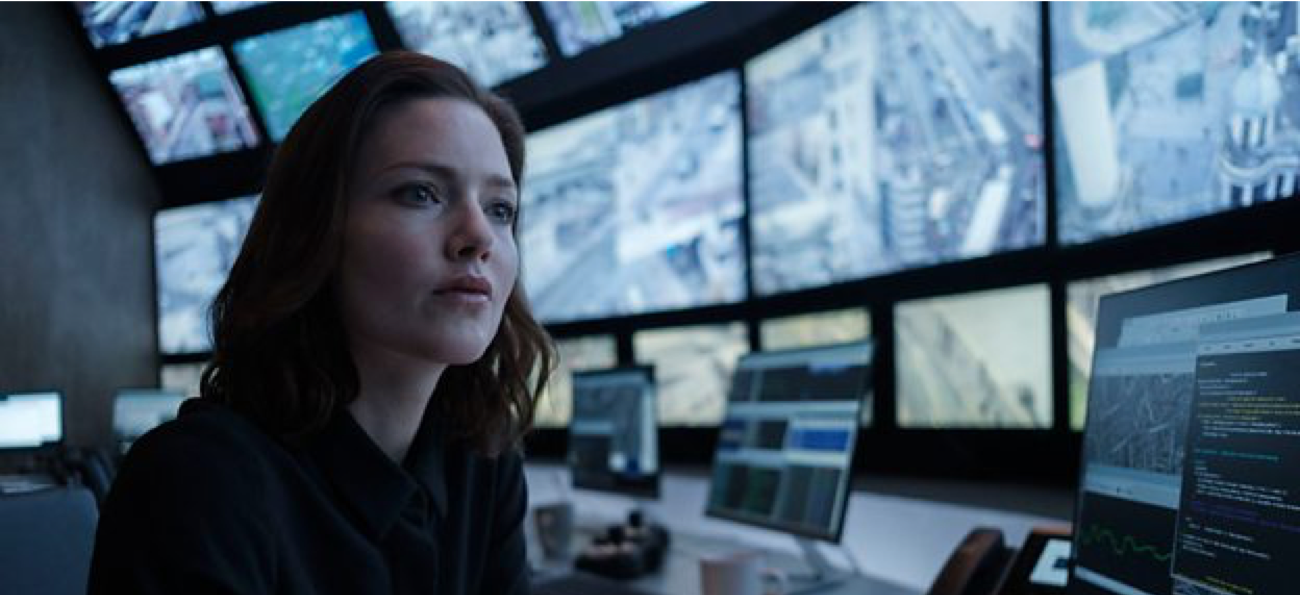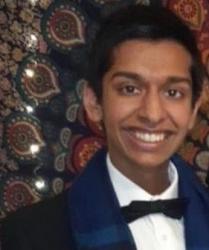
TV Critic Harpal Khambay reviews BBC’s ‘The Capture’, praising how the compelling drama turns the viewer’s attention to the wider concern of surveillance in our society
The BBC’s latest crime thriller The Capture comes from writer Ben Chanan, and follows a former soldier, Shaun Emery (Callum Turner) as he is falsely accused of assaulting and murdering his barrister, Hannah Roberts (Laura Haddock), who acted as his defence in a recent trial concerning a war crime for which Emery was acquitted.
Roberts won Emery’s case by discrediting the validity of the CCTV footage which was used against him. The early establishment of the uses, and dangers of camera technology prove to be vital to the following story, as Emery’s alleged assault of Roberts is also caught only on CCTV. Protagonist Detective Inspector Rachel Carey is played by the skilful Holliday Grainger, and although at times she lacks warmth and is difficult to relate to, Grainger carries the show well, and provides a large, confident on-screen presence despite being placed in numerous difficult situations in which she is outnumbered. We can see her empowered and pushed to her limits throughout the series. The incident concerning Emery opens the door to a much wider conspiracy concerning the cameras used in, and throughout London. Chanan uses this storyline in the programme to open up a larger debate about the use of camera technology.
Chanan uses this storyline in the programme to open up a larger debate about the use of camera technology.
It is difficult to ignore the footage and evidence against Emery that we see before us, despite the outcome of the opening case of the series. Chanan uses this and builds on it, and for the first half of the series, the viewer is left in doubt as to whether Emery is guilty of the assault, and whether Carey is right to pursue him, or not pursue him. The viewer is able to see both sides of the story, which makes for compelling viewing, as for so long it is unclear as to whether the audience is ready to discredit the technology that is supposed to keep us safe.
The title itself would seem to refer to Emery, as the police seek to capture him based on the CCTV footage. It should also be noted that the title could refer to the capturing of evidence and CCTV footage itself, making the viewer realise that we too are perhaps constantly on display and ‘captured,’ allowing Chanan to directly challenge the viewer as well as the character within the show. This breaking of the fourth wall is encapsulated with a shot early on in the series, in which Carey turns to stare straight into a CCTV camera, but instead turns to stare straight at the audience. This acknowledges the camera and the viewers themselves, as in an age of social media, what isn’t captured by some form of technology?
Chanan creates a gripping drama with multiple twists and turns
It appears that this was Chanan’s intention, as while interviewing counter-terrorism operatives in the UK and US, he realised ‘how central video evidence is, and how it is often the most effective way of securing a conviction.’ By challenging this, and not providing the viewers with any concrete answers until episode five, Chanan creates a gripping drama with multiple twists and turns, that is still not too complex to follow… even though it does require, and does deserve, the viewers’ full concentration. Some viewers may find this method of storytelling too slow, but with flashbacks and big ideas, the first four episodes of the show allow enough time to be dedicated to the answers and fallout in episodes five and six. The ending, although divisive, in my view is a satisfying one, as it is difficult to provide the answer to a huge debate in one miniseries.

Comments